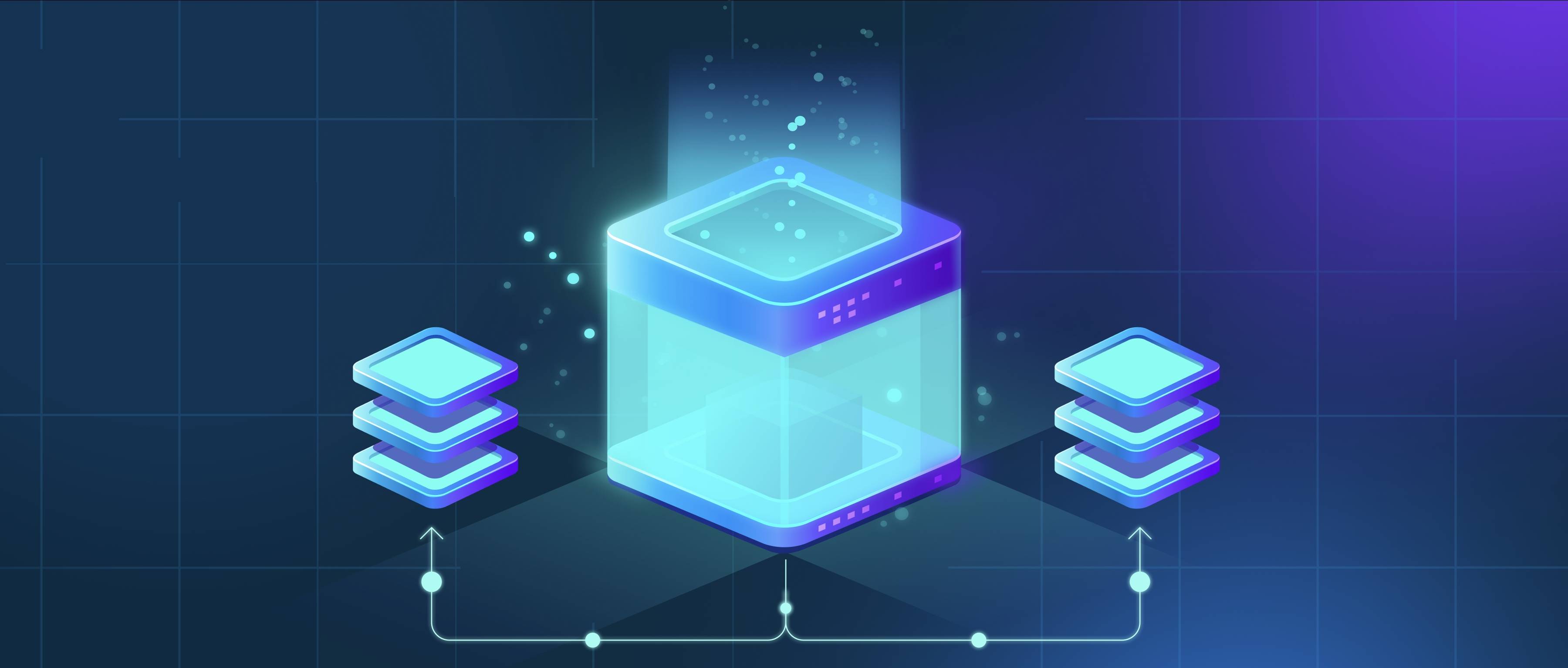AI reasoning plays a significant role in enhancing human-AI collaboration by enabling machines to understand, interpret, and respond to human inputs in a more intuitive way. At its core, AI reasoning involves the ability of artificial intelligence systems to draw logical conclusions, make inferences from data, and apply learned knowledge to new situations. This capability allows AI to assist users not just by providing information, but by actively participating in decision-making processes. For instance, in software development, AI tools can analyze code patterns and suggest modifications or optimizations, helping developers make informed choices faster.
One practical example of AI reasoning in collaboration is in customer support. AI-powered chatbots can understand customer queries, interpret their intents, and provide relevant responses or escalate issues to human agents when necessary. These systems analyze past interactions and learn from them to improve their reasoning over time. By being able to parse user requests accurately, they not only enhance the efficiency of support teams, but they also enable a smoother experience for customers. This synergy illustrates how AI reasoning can alleviate workload while keeping human oversight essential.
Moreover, AI reasoning assists in collaborative platforms where different stakeholders need to make decisions based on shared data. For example, in project management tools, AI can analyze project timelines and resource allocations, then offer predictive insights on potential bottlenecks or delays. By presenting actionable analysis based on historical data, AI supports project managers and teams in optimizing their workflows and achieving project goals. This highlights how AI reasoning enhances collaborative efforts, enabling human professionals to focus on strategizing and creativity, while the AI takes care of data-intensive computations and pattern recognition.
